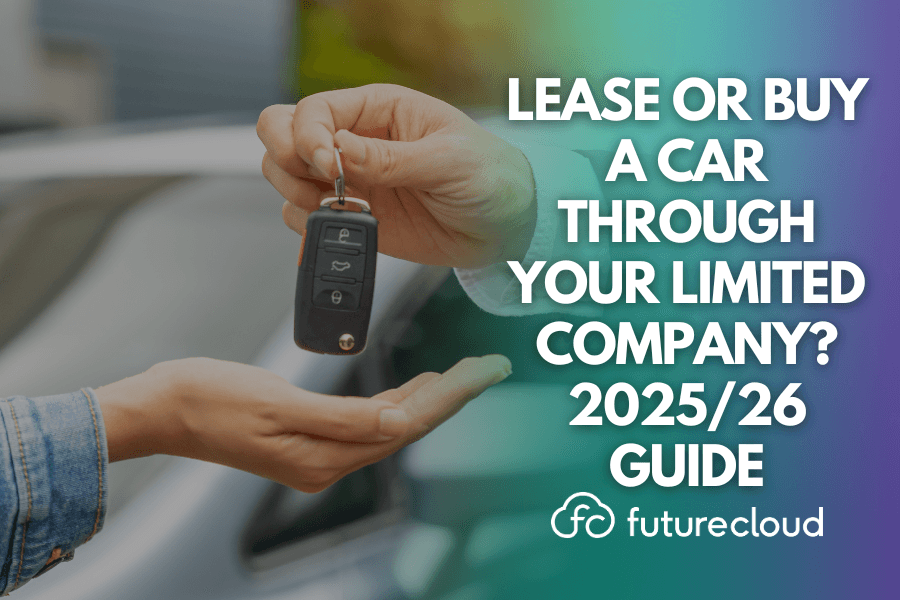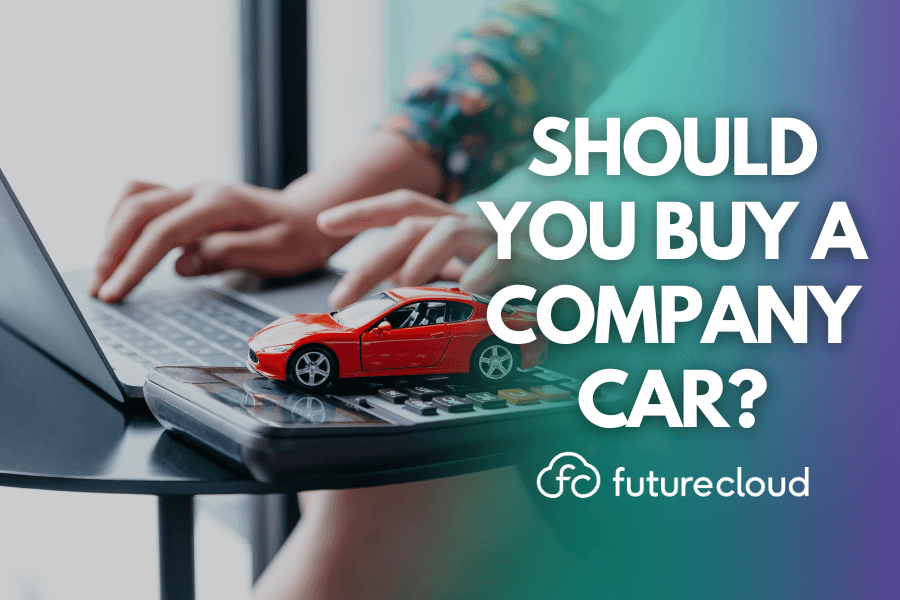If you’re running a limited company, deciding whether to lease or buy a car through your business isn’t as straightforward as it used to be, especially with the tax changes that came into effect in April 2025.
Here’s a simple guide to what’s changed, and what you should consider before making a move.
What’s changed since April 2025?
Several important updates now affect company car tax, especially if you’re considering electric vehicles (EVs):
- Electric cars are no longer road tax-free. They now pay a small amount in the first year, then a standard yearly charge after that. If the list price is over £40,000, there’s now an extra yearly fee.
- Benefit-in-Kind (BIK) tax is rising for EVs. It’s still low, but no longer as generous as before.
- Plug-in hybrids may now show higher emissions, which can push them into more expensive tax bands.
- Employer National Insurance Contributions (NICs) have gone up, making tax-efficient car schemes like leasing more attractive.
Buying a car through your company – What to know
If your company buys a car outright, it becomes a business asset. For electric vehicles, you can still claim 100% first-year capital allowances, which helps reduce your corporation tax bill.
But there are some things to keep in mind:
- You’ll be responsible for everything – servicing, repairs, depreciation, and insurance.
- If you use the car personally (including for commuting), you’ll be taxed via BIK, based on the car’s value and emissions.
- VAT can only be claimed back if the car is used exclusively for business, which is rare in real life.
Buying makes sense if:
- You want to own the car long-term.
- You plan to use it mostly for business.
- You have cash available for a larger upfront purchase.
Why more companies are choosing to lease
Leasing a car through your limited company (often via contract hire) has become increasingly popular. It spreads the cost, offers greater flexibility, and comes with some helpful tax advantages.
The Benefits:
- Lower upfront cost – good for managing cash flow.
- Predictable monthly payments – easier to budget.
- No worries about depreciation – just hand it back at the end.
- Tax deductions – lease payments can usually be written off against profits.
- VAT recovery – claim back 50%, (or 100% if the car is used solely for business).
Things to watch out for:
- Mileage limits – exceeding them can lead to extra charges.
- End-of-lease condition checks – damage may result in penalties.
- You don’t own the car – no resale value at the end.
BIK tax in 2025/26 – EVs still come out on top
Whether you lease or buy, using a company car personally means you’ll pay BIK tax. EVs are still taxed at a lower rate than petrol or diesel models, so they remain the most tax-efficient option.
Better still, if your company provides a charging point or pays for electricity at work, there’s no extra tax on that benefit.
Road tax (VED) – New rules for EVs
EVs now pay road tax, which they didn’t before. It’s a small amount at first, but higher-value models (those over £40,000) are also hit with an extra charge from year two onwards.
This means premium EVs don’t save you quite as much as they used to, but overall are still tax-efficient compared to petrol and diesel cars.
Leasing vs buying – Pros and cons
Buy pros:
- Full ownership
- Capital allowances on EVs
Buy cons:
- Big upfront cost
- No VAT recovery
- BIK still applies
Lease pros:
- Low deposit
- Monthly deductions
- 50% VAT recovery
- Flexibility
Lease cons:
- No ownership
- Mileage limits
- Still subject to BIK
Verdict for 2025 – Leasing an EV still makes sense
Even with rising BIK rates and new road tax costs, electric cars remain one of the most tax-efficient options for directors, especially when leased through the company.
With lower NICs via salary sacrifice and full deduction of lease costs, you could save both personally and through the business.
Need help making the right decision?
This will be different for everyone depending on:
- Your company’s cash flow
- How much the car will be used personally
- Whether ownership or flexibility is more important to you
- How the changes to tax, VED, and BIK affect your overall cost
At Future Cloud, we want to help company directors like you find the most tax-efficient way to run a company car. This could be leasing, buying, or making the switch to electric.
Get in touch if you have any questions as this could save you thousands over the years!
And don’t forget to follow us on social media for the latest updates, tips, and more!

